British Airways is making bold moves to change the future of air travel. With a £2.6 billion investment, the airline now offers cheaper and more eco-friendly flights across the UK, Switzerland, and Norway. As a result, British Airways combines affordability with environmental responsibility from the ground up.
Moreover, the airline uses this investment to upgrade its fleet, cut emissions, and improve fuel efficiency. Because of this, it maintains low operating costs while reducing its carbon footprint. In contrast to many competitors, British Airways avoids passing high fuel costs to passengers.
Consequently, British Airways secured early deals on sustainable aviation fuel (SAF), which shields it from price spikes. Thanks to these deals, the airline can offer consistent fares while staying ahead of green regulations. Meanwhile, most airlines still struggle with rising SAF prices and added passenger surcharges.
British Airways sources SAF from renewable materials such as cooking oil and agricultural waste. Therefore, its flights reduce emissions by up to 80% compared to traditional jet fuel. Instead of relying on carbon offsets, the airline directly lowers emissions per flight.
Furthermore, as governments now mandate SAF use, British Airways already meets those requirements. Because it acted early, it sidesteps the scramble others now face. Hence, it gains a long-term competitive edge in pricing and compliance.
Additionally, the airline invests in hybrid-electric technology and improved flight operations. These innovations support its goal of achieving net-zero emissions by 2050. Unlike passive strategies, this hands-on approach makes a real impact on aviation sustainability.
Above all, British Airways understands changing traveler values. More people now want green travel at fair prices. So, the airline proves that passengers can choose both. In doing so, it sets a new standard for global aviation.
Related stories:
Catch up on the top stories and travel deals by subscribing to our newsletter!

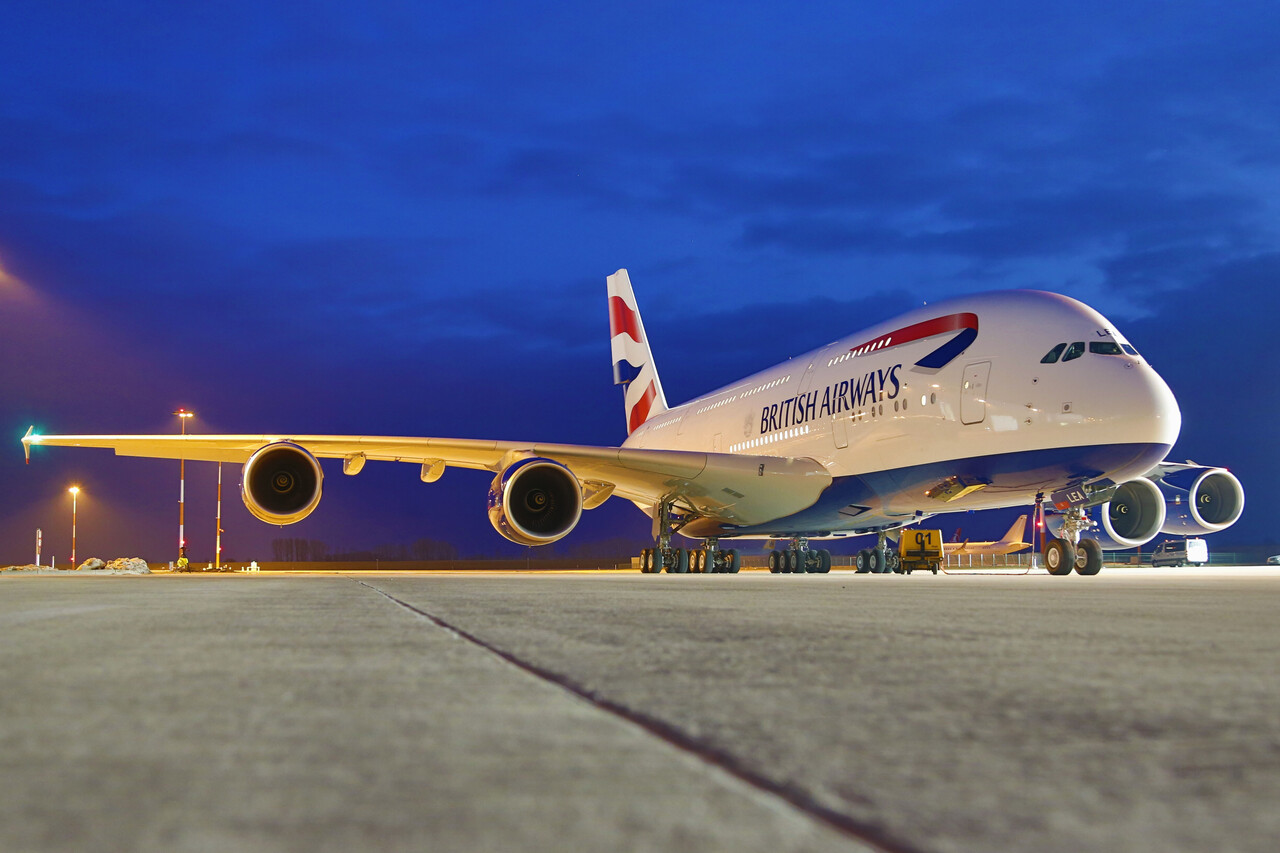

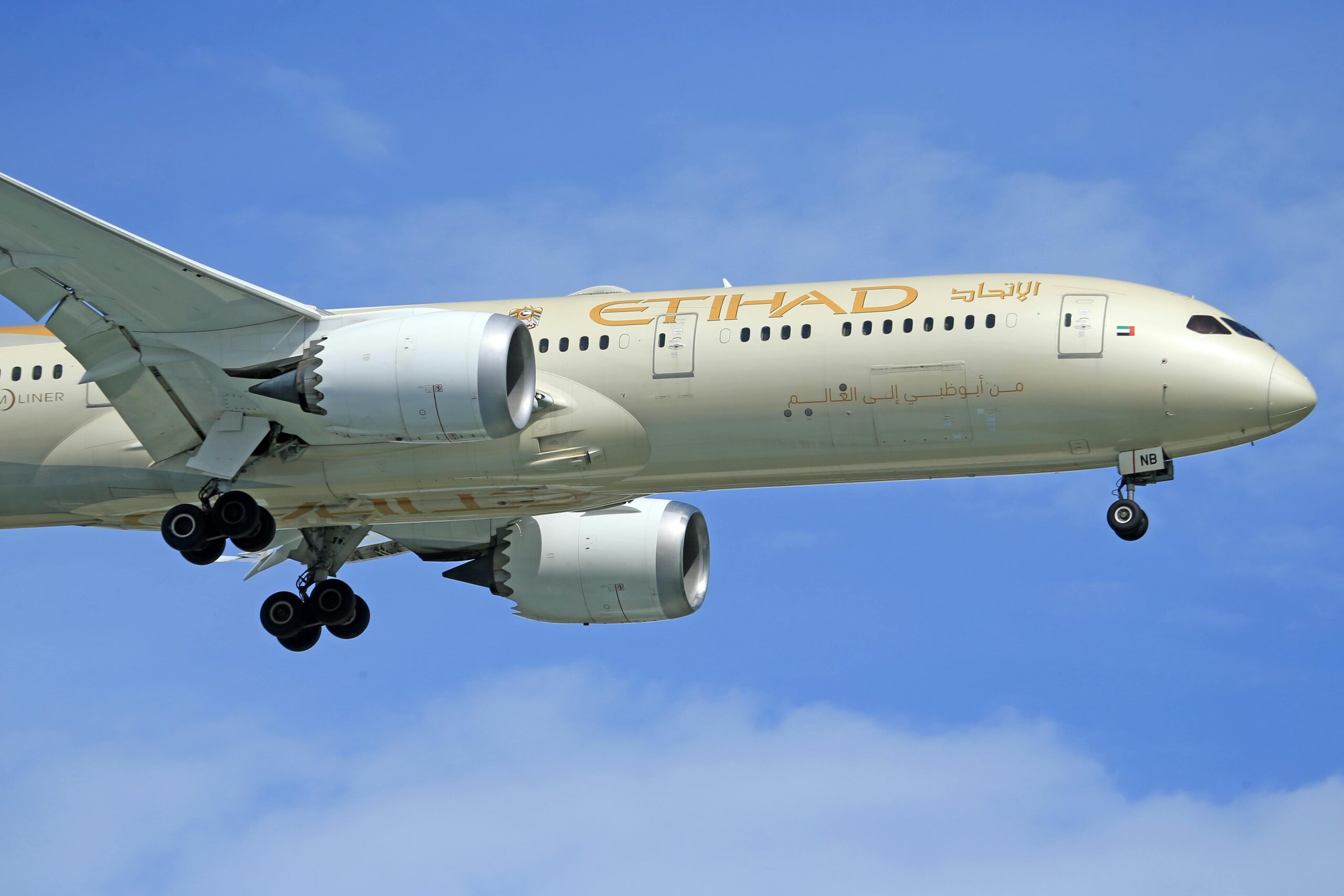
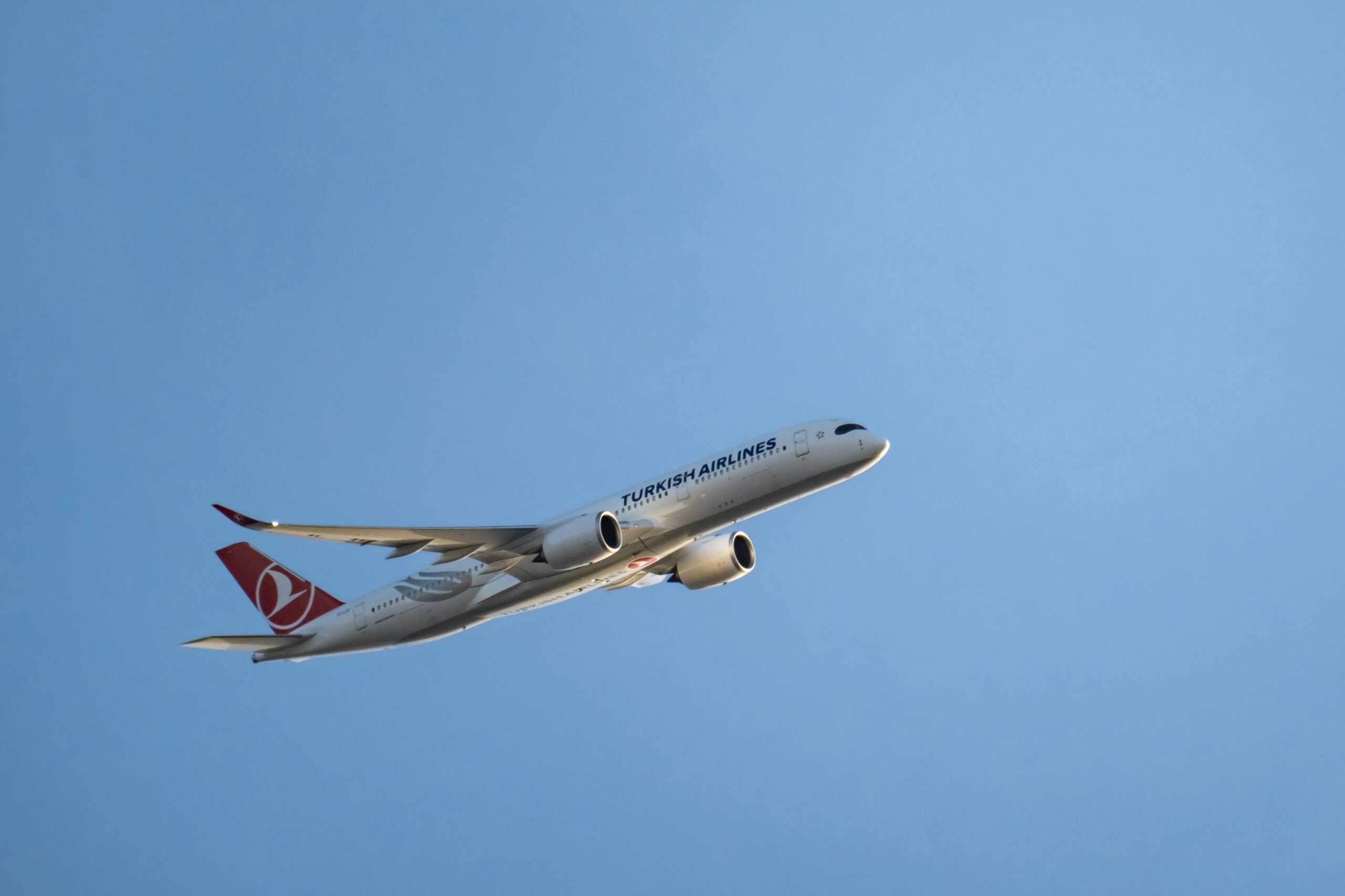
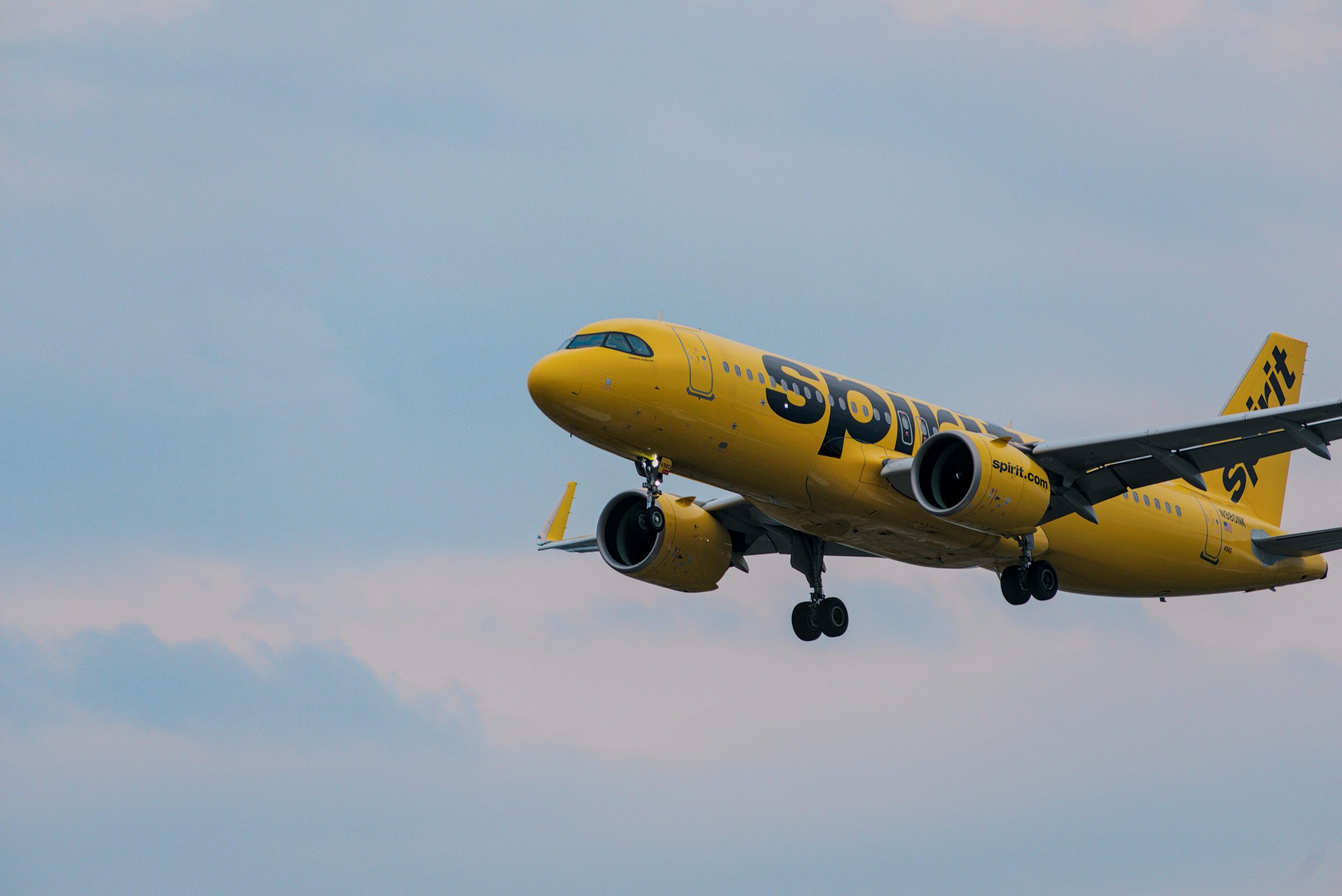
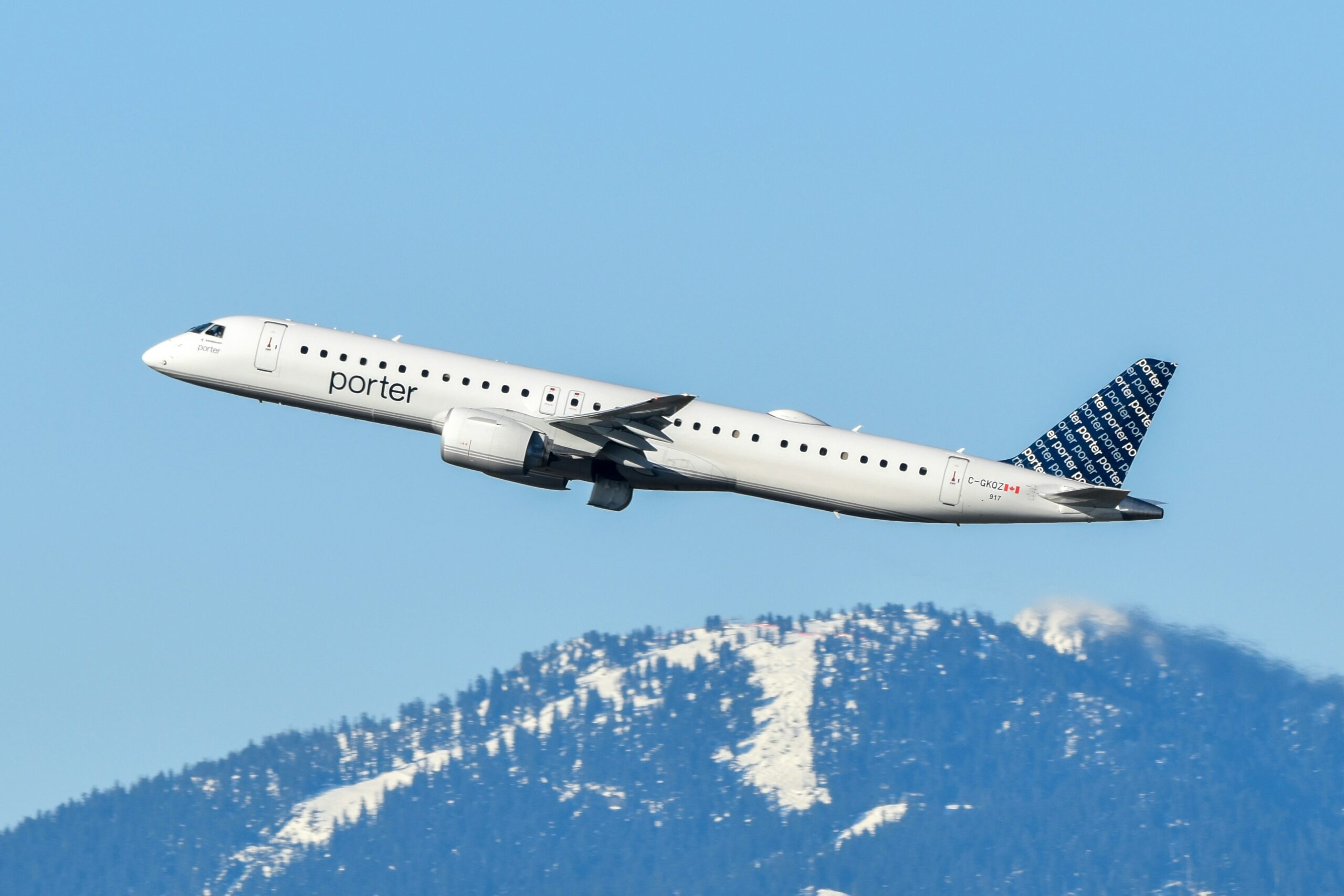
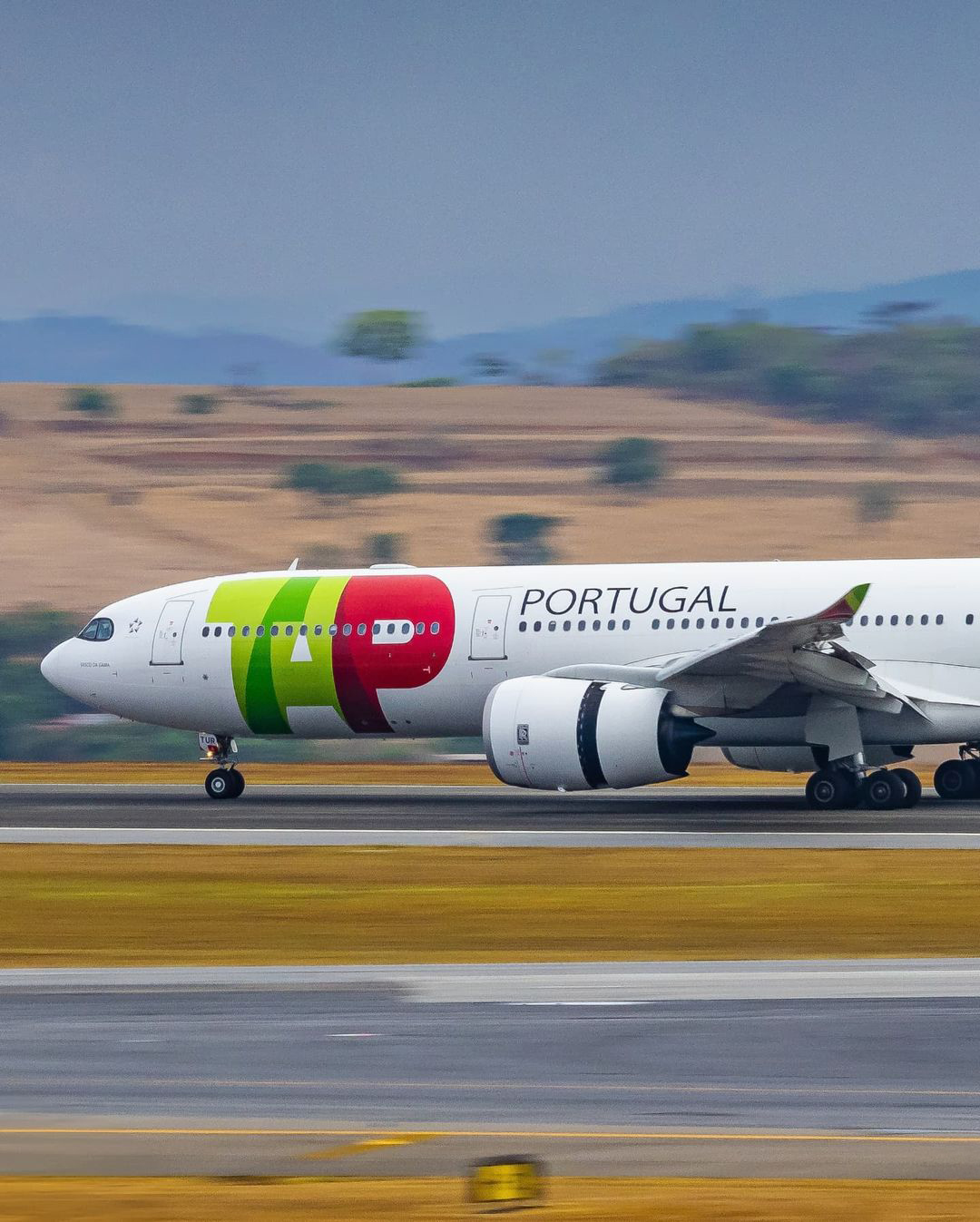




Leave a Reply